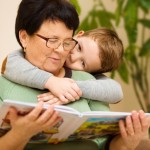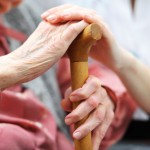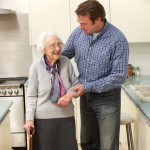
Sasha Danilina publishes her debut blog about a recent literature review on the effectiveness of gamification applied to health and wellbeing.
[read the full story...]
Sasha Danilina publishes her debut blog about a recent literature review on the effectiveness of gamification applied to health and wellbeing.
[read the full story...]
Raphael Underwood reports on the findings of a recent RCT of group body psychotherapy for negative symptoms of schizophrenia, which finds that body psychotherapy did not have a clinically beneficial effect on reducing emotional withdrawal or improving social functioning.
[read the full story...]
Pete Etchells posts his debut Mental Elf blog on a recent study, which explored whether video games were associated with mental illness, cognition or social skills in young children.
[read the full story...]
Jasmin Wertz appraises a recent Finnish cohort study, which explores how different forms of children’s bullying involvement are associated with mental illness and use of specialised psychiatric services in young adulthood.
[read the full story...]
Jeanne Carlin discusses a review about influences on adult children carers’ well-being and thinks about what the evidence means for Care Act implementation.
[read the full story...]
Jo Moriarty explores a Danish study on emotional labour and social work and discovers how social workers manage their emotional responses in practice.
[read the full story...]
In her debut blog, Jane Greenstock considers research on how community arts programmes such as singing clubs may contribute to prevention for older people.
[read the full story...]
Clarissa Giebel analyses an Australian qualitative study into family carer feelings and responses, when their loved one with dementia is admitted to hospital.
[read the full story...]
Jill Manthorpe gets to grips with a systematic review of qualitative research to find out how older people experience social care support and calls on a surprising literary character for help.
[read the full story...]
Kirsten Lawson dons her walking boots and reports on the national Walks for Health (WfH) programme, which has been investigated in an observational study looking at the mental, emotional and social well-being of people who participate in woodland walks.
[read the full story...]